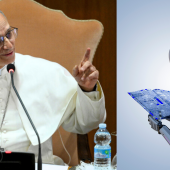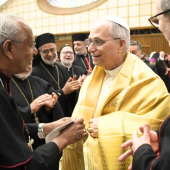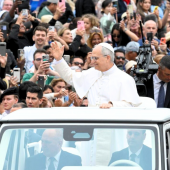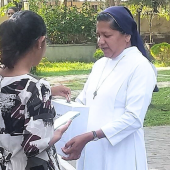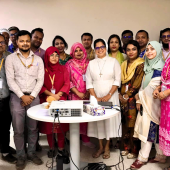Asian bishops hope to invite Pope Leo XIV to Malaysia
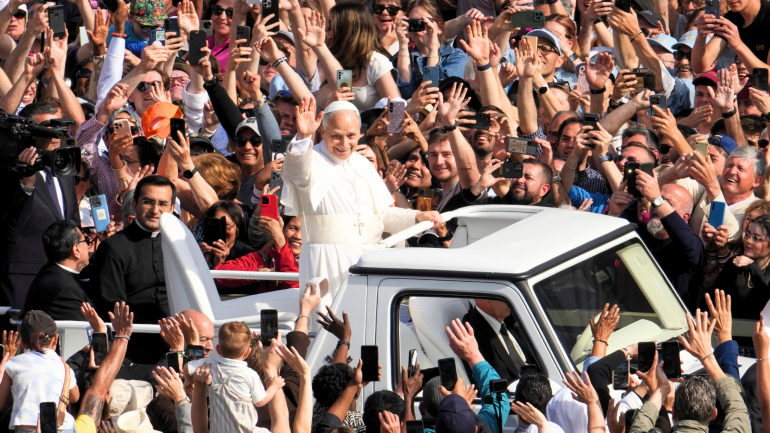
The Federation of Asian Bishops’ Conferences (FABC) is hoping to invite Pope Leo XIV for its plenary assembly in Malaysia in 2026.
“… we are expected to have our next FABC Plenary Assembly in Malaysia in 2026. In due course of time, we will invite the Pope for our Plenary Assembly,” Rome-based AsiaNews reported, quoting Cardinal Filipe Neri Ferrão, president of the FABC.
Malaysia will host the Malaysia Pastoral Convention 2026 (MPC2026) in September 2026, coinciding with the FABC plenary assembly.
The MPC2026 convention is part of a larger effort to unite the nine dioceses of the Catholic Church in Malaysia and delegates of FABC.
The FABC is a voluntary association of episcopal conferences in Asia, established with the approval of the Holy See.
It fosters among its members solidarity and co-responsibility for the welfare of the Church and society in Asia.
No pope has officially visited Malaysia.
While Pope John Paul II met with Malaysian Prime Minister Mahathir Mohamad in 2002, this was not a formal papal visit to the country. Malaysia's government has never formally extended an invitation to the pope for a pastoral visit.
The Vatican and Malaysia established diplomatic relations in 2011.
Malaysia is home to about 1 million Catholics, and most live in the Borneo states of Sabah and Sarawak, where Malay is widely spoken.
Islam is the dominant religion in Malaysia, followed by Buddhism, Christianity, and Hinduism.
Islam is the official religion, practiced by approximately 63.5% of the population. Buddhism accounts for around 19%, Christianity for 9.1%, and Hinduism for 6.1%. A small percentage (1.8%) of the population identifies with no religion or atheism, while others include 0.9% (Confucianism, Taoism, and traditional Chinese religions).
Radio Veritas Asia (RVA), a media platform of the Catholic Church, aims to share Christ. RVA started in 1969 as a continental Catholic radio station to serve Asian countries in their respective local language, thus earning the tag “the Voice of Asian Christianity.” Responding to the emerging context, RVA embraced media platforms to connect with the global Asian audience via its 21 language websites and various social media platforms.









